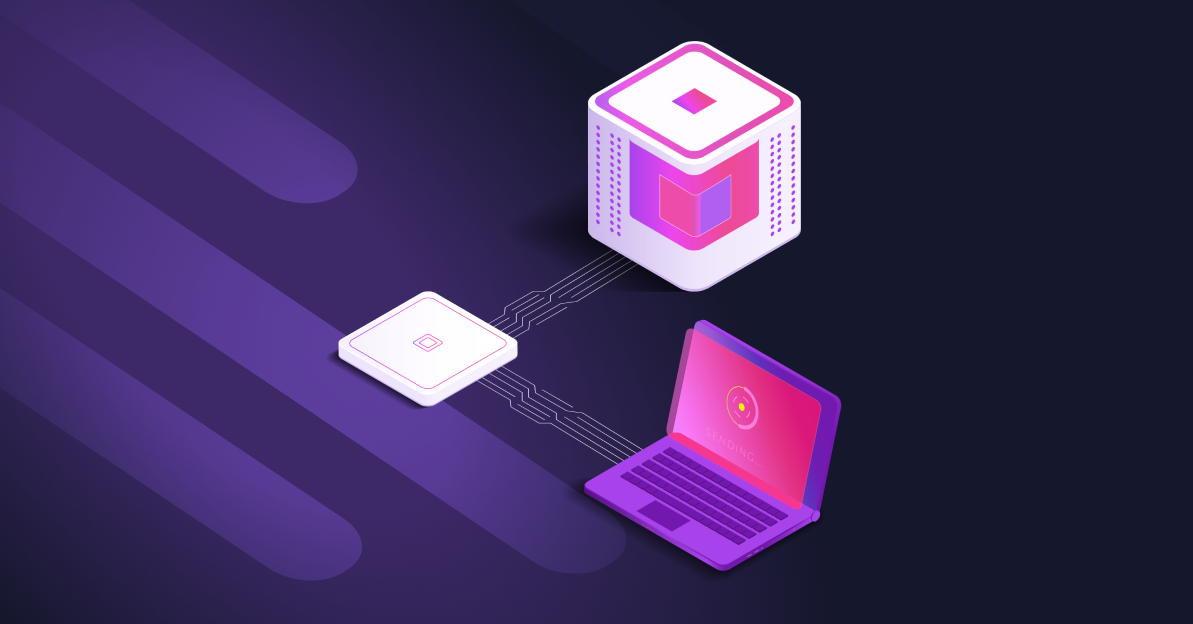Public Proxy: Benefits, Risks, and Best Practices
What is a Public Proxy?
A public proxy is a server that acts as an intermediary between a user’s device and the internet. It allows users to browse the web anonymously by masking their IP addresses. Unlike private proxies that require authentication, public proxies are available to anyone and are often free to use.
How Does It Work?
Public proxies route internet traffic through a third-party server before it reaches the destination website. This process helps in:
- Hiding IP addresses to maintain anonymity
- Bypassing geo-restrictions and accessing blocked content
- Improving security by concealing user identity
- Enhancing privacy by preventing direct tracking
Benefits of Using a Public Proxy
- Anonymity and Privacy – By masking the original IP address, it offers users a way to browse the internet with enhanced privacy.
- Access to Restricted Content – Some websites impose geo-restrictions on content. A public proxy enables users to bypass these restrictions by appearing as though they are accessing the internet from a different location.
- Cost-Free Option – Since public proxies are freely available, they provide an economical solution for users who need basic proxy services without investing in paid alternatives.
- Multiple Server Locations – It often has various server locations, allowing users to choose the best server for their needs.

Risks of Using a Public Proxy
- Security Vulnerabilities – It is often unsecured, which means they can be exploited by hackers to intercept user data. Sensitive information, such as login credentials and financial details, may be at risk.
- Slow Internet Speed – Since multiple users share the same public proxy, it can lead to slow browsing speeds due to high traffic.
- Data Logging and Privacy Issues – Many public proxy providers log user activities and may sell this data to third parties, compromising privacy.
- Unreliable Uptime – It is frequently overloaded or goes offline without notice, making it unreliable for consistent browsing.
Best Practices for Using Public Proxies
- Use HTTPS Proxies – Always choose public proxies that support HTTPS to encrypt data and enhance security.
- Avoid Entering Sensitive Information – Never use public proxies for activities that involve sensitive data, such as online banking or entering login credentials.
- Check Proxy Reputation – Before using a public proxy, research its reliability and read user reviews to avoid malicious proxies.
- Rotate Proxies –Using multiple proxies reduces dependency on a single server and improves anonymity.
- Use a VPN Instead – For higher security and reliability, consider using a Virtual Private Network (VPN) instead of a public proxy.
Conclusion
Public proxies provide an easy and cost-free way to browse the internet anonymously and bypass restrictions. However, they come with significant risks, including security vulnerabilities, slow speeds, and privacy concerns. Users should adopt best practices and consider alternative solutions like VPNs for enhanced protection and reliability. By understanding the pros and cons of public proxies, users can make informed decisions and browse the web securely.